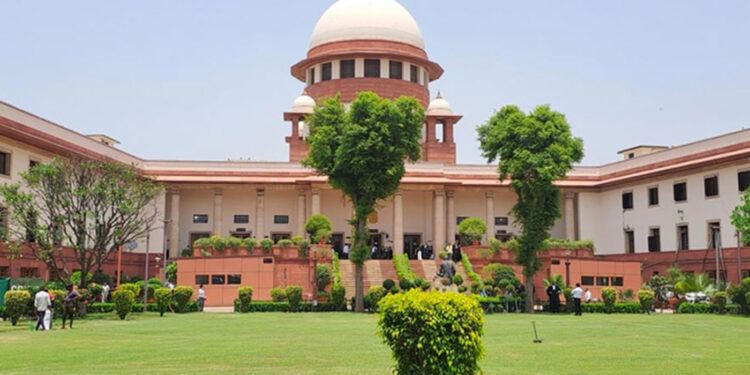In a “summons case” before a Magistrate, the trial begins when the accused appears in response to the process issued against them. At this point, the Magistrate follows either Section 207 or Section 208 of the Criminal Procedure Code (Cr.P.C.), depending on whether the case originated from a police report or a complaint.
If the case stems from a police report, the Magistrate complies with Section 207 Cr.P.C. This section mandates that the Magistrate furnish the accused with a copy of the police report and all other documents submitted by the prosecution, including any statements recorded during the investigation.
On the other hand, if the case is based on a complaint, the Magistrate follows the provisions of Section 208 Cr.P.C. Here, the accused is provided with a copy of the complaint and the statements of witnesses recorded during the inquiry or investigation.
After the accused receives these documents, the Magistrate proceeds to hear the prosecution and the defense. The prosecution presents its case by examining witnesses and producing evidence. The defense has the opportunity to cross-examine the prosecution witnesses and present its own evidence, if any.
Once both sides have presented their cases, the Magistrate evaluates the evidence and arguments presented before arriving at a decision. If the Magistrate finds the accused guilty, they pronounce the sentence. However, if the Magistrate is not convinced of the guilt, they acquit the accused.

















